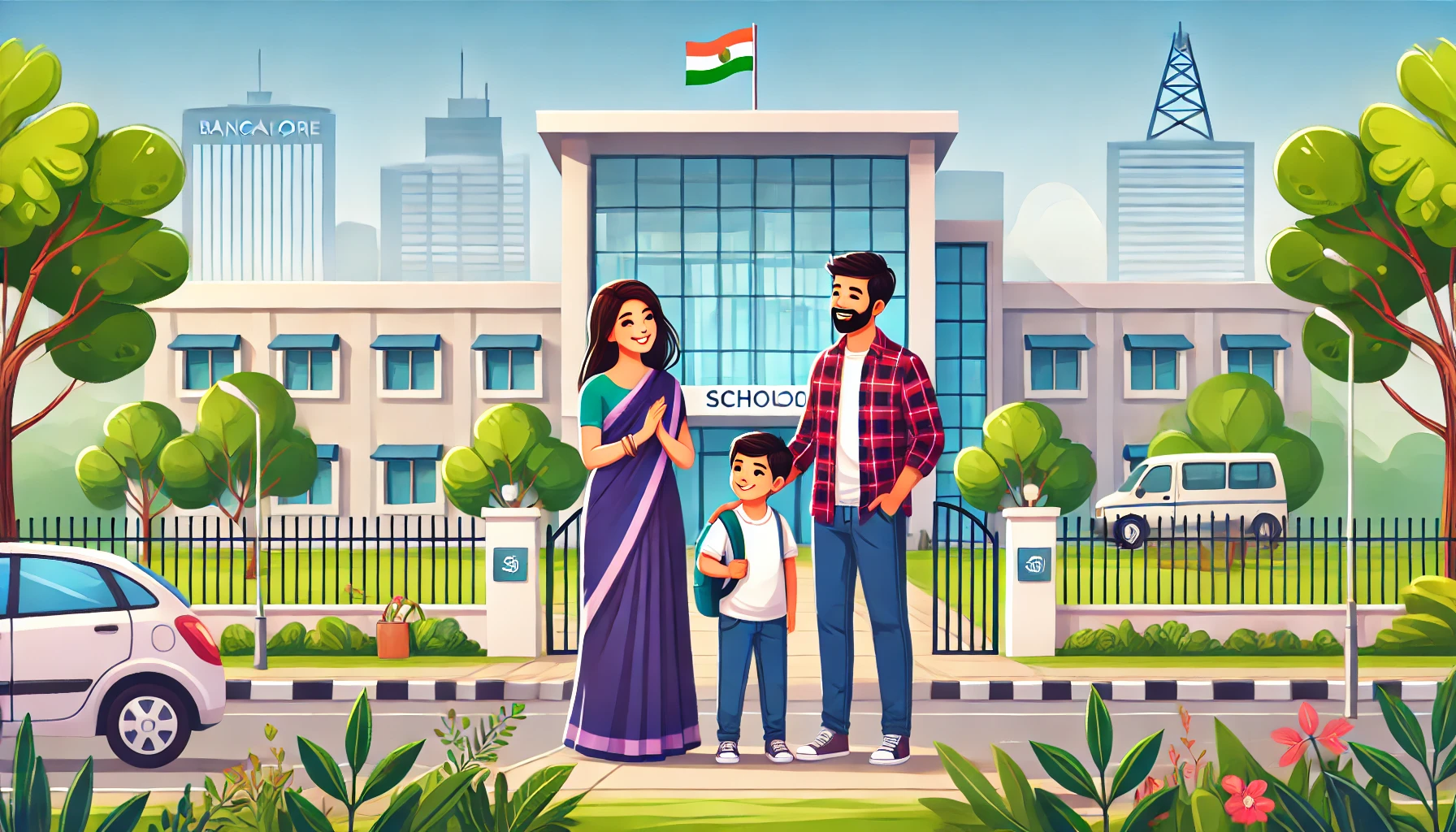Choosing the right school is one of the most significant decisions a parent will make in a child’s life. It’s not just about academics – schools shape a child’s personality, social skills, creativity, and confidence. With so many educational options available in a city like Bangalore, parents often feel overwhelmed by choices. From CBSE and ICSE to international curricula, the city offers a wide variety of schools catering to different teaching philosophies and approaches.
If you are exploring Schools in Bangalore, you’ll notice that each institution provides unique opportunities for growth, whether in academics, sports, arts, or extracurricular activities. Understanding what to prioritize is key to making the best decision for your child.
1. Understanding the Curriculum
The curriculum is a major factor in choosing the right school. CBSE (Central Board of Secondary Education) is popular for its structured approach and preparation for national competitive exams. ICSE focuses on a broader syllabus with emphasis on languages and arts, while international curricula such as IB (International Baccalaureate) and IGCSE encourage inquiry-based learning and global perspectives.
Parents should consider their child’s learning style, future academic goals, and areas of interest when evaluating curricula. Visiting schools, speaking with teachers, and attending open houses can provide practical insights into the school’s teaching methodology.
2. Infrastructure and Facilities
Modern schools go beyond classrooms. State-of-the-art science and computer labs, well-stocked libraries, sports facilities, art studios, and auditoriums contribute to a child’s overall development. Schools that integrate technology through smart boards, digital learning platforms, and AI-assisted tools prepare students for a future in a digital-first world.
Extracurricular activities are equally important. Programs in music, dance, sports, robotics, coding, and debate help children explore their interests, develop teamwork skills, and gain confidence. Choosing a school with diverse extracurricular options ensures balanced growth and helps children discover their passions.
3. Teacher Quality and Student-Teacher Ratio
A school’s effectiveness largely depends on the quality of its teachers. Experienced and empathetic educators can inspire students and guide them in both academic and personal growth. Smaller student-teacher ratios allow for personalized attention, enabling teachers to recognize individual learning needs and provide the right support.
4. School Culture and Values
A school’s culture influences how students interact, behave, and grow. Institutions that focus on empathy, respect, discipline, and responsibility often produce well-rounded individuals. Programs that encourage leadership, community service, and environmental awareness help students develop values beyond academics.
Parents should evaluate whether a school promotes inclusivity, emotional well-being, and a supportive learning environment. A nurturing culture ensures that children feel safe and motivated to learn.
5. Location and Accessibility
While academics and facilities are essential, location plays a practical role. Schools that are easily accessible reduce daily commute stress for children and parents alike. Neighborhoods like Kanakapura Road have seen rapid development in educational infrastructure. If you are considering Schools in Kanakapura Road, you’ll find institutions that combine academic excellence with modern facilities and holistic learning opportunities. Proximity to home allows children more time for hobbies, rest, and family activities, contributing to a well-rounded lifestyle.
6. Extracurricular and Co-Curricular Programs
Participation in extracurricular and co-curricular activities fosters creativity, teamwork, and leadership. Schools that organize annual sports meets, art exhibitions, music recitals, science fairs, and debate competitions provide platforms for children to explore and showcase their talents. These activities also teach time management, discipline, and resilience – essential skills for lifelong success.
7. Admission Process and Reputation
Understanding the admission process can help parents plan effectively. Many top schools have entrance exams, interviews, or selection criteria to identify students’ aptitude. Reading reviews, connecting with other parents, and visiting multiple schools provide a realistic picture of the school’s strengths and environment.
8. Making the Final Decision
Selecting the right school is a combination of research, visits, and introspection. Evaluate curriculum, infrastructure, teacher quality, extracurricular opportunities, culture, location, and long-term goals. Every child is unique, and the ideal school is one that aligns with their learning style, interests, and personality.
Conclusion
Bangalore offers a wide range of educational institutions, catering to diverse learning needs and expectations. From established CBSE and ICSE schools to international programs, the city provides ample options for holistic development. Areas like Kanakapura Road are emerging as key educational hubs, with schools that focus on nurturing potential, promoting creativity, and ensuring academic excellence. Choosing the right school is a journey – by considering all factors thoughtfully, you can select an institution that lays a strong foundation for your child’s bright future.

